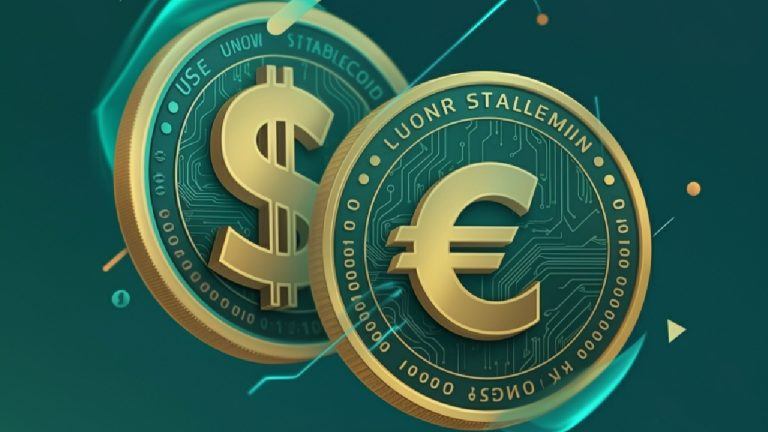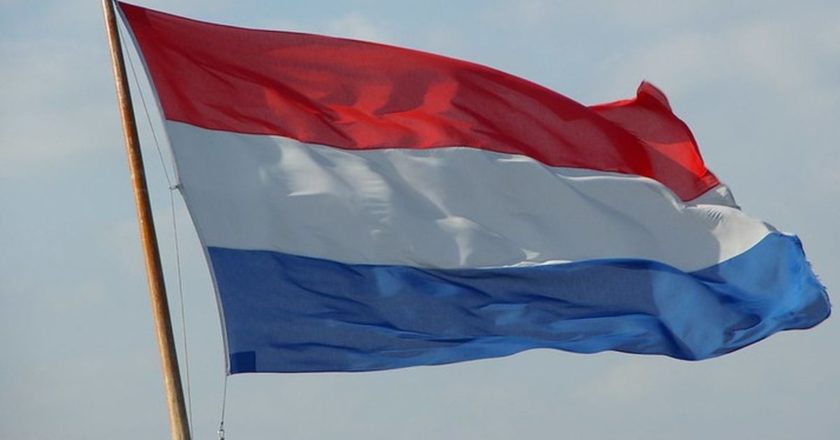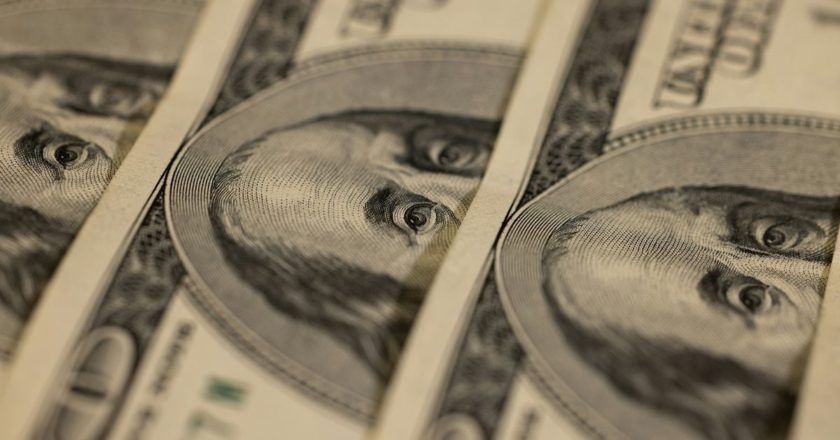By CCN: OneCoin execs are sick of being called a Ponzi scheme. Allegations of ripping off churches are false too, they claim.
In a lengthy letter to the Samoa Observer, the cryptocurrency-powered marketing company defended itself against what it considers to be false allegations
OneCoin takes issue with news articles that were used by the Central Bank of Samoa (CBS), which fueled the Ponzi scheme narrative. The CBS has issued clarifications about the information it received about OneCoin’s operations.
OneCoin is alleged to be involved in a $3 billion pyramid scheme. The Manhattan U.S. Attorney claims that the company created a fraudulent cryptocurrency with the intent of defrauding investors. @proskauerhttps://t.co/CQ155s0rBo pic.twitter.com/UkXmqM0Krh
— LexBlog (@LexBlog) May 10, 2019
Denying Pyramid Scheme Allegations
The pyramid scheme allegations stem from a case in which OneCoin was charged with encouraging people to invest and promising a profit. In March, the FBI arrested OneCoin player Konstantin Ignatov based on allegations that he was one of several masterminds behind a multi-billion dollar crypto pyramid scheme.
*Update*
Konstantin next preliminary hearing will be held on or around May 27th 2019 👇#onecoin #ponzi #Fraud #psuedo #crytpocurrency #scam pic.twitter.com/KN3QEuQ3EN
— Jen McAdam (@JenMcAdamGlobal) April 27, 2019
OneCoin has faced fines and criminal actions around the world – particularly in India, where 22 promoters have already been charged. Meanwhile, China has also levied charges against OneCoin promoters, while several central banks have issued warnings, CCN reported.
That’s not the worst of it. OneCoin was said to be targeting individuals through churches as part of its Ponzi scheme.
A role model? 😂 A pyramid scheme set up by an ex OneCoin advocate, under investigation in Poland with millions seized, banned in Nth America. A role model! Stoooop! #dascoin pic.twitter.com/XBTuvZmpiL
— WheresKeith? (@KeithWheres) May 13, 2019
OneCoin: Media, Banks, and Everyone Has It Wrong
OneCoin’s letter published by the Samoa Observer calls out the CBS for using incorrect information. The company charges that the central bank erroneously used information from the New Zealand Financial Intelligence Unit (NZFIU).
They want to “ensure the legitimacy and objectiveness of the information presented in the mass media” by clearing up “this obvious misunderstanding.” According to the statement:
“Let it be clear that neither OneCoin nor OneLife companies have organization, representation or employees in Samoa and New Zealand. No one has authority to act or make statements on company’s behalf in Samoa and New Zealand.”
In its defense, the company claims it’s not a Ponzi scheme because “OneCoin is a centralized, closed-source cryptocurrency.” They go on to cite anti-money laundering (AML), know-your-customer (KYC) and Combating the Financing of Terrorism (CFT) standards. They state: “Based on that it is much more compliant than decentralized ones.”
The Central Bank’s Unconvincing Response
The CBS issued a clarification notice about OneCoin, but it leaves much to be desired in debunking the allegation that OneCoin is a Ponzi scheme, saying:
“Recent queries have sought why these OneCoin promotions and workshops were only banned recently. CBS had recently amended its Anti-Money laundering laws at the end of June last year. These amendments brought the Promoters of Digital (Crypto) Currency under our Regulatory oversight. Only then were we able to issue notices that any cryptocurrency promotion/ workshop required CBS approval.
As solace, it states:
“Please rest assured that the role of the Central Bank is not to prohibit businesses or cryptocurrency investments; our role is to facilitate and ensure that all the proper processes have been met and that our people are well protected from losing their hard earned money.”




